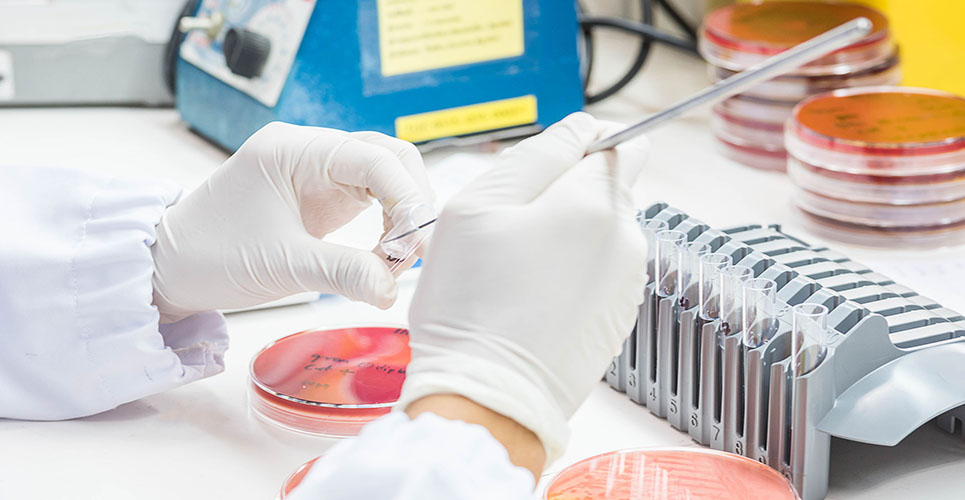teaser
Novartis announced today that it received approval from the German regulatory authorities for its adjuvanted cell culture-based Influenza A(H1N1) 2009 monovalent vaccine, Celtura.
Novartis continues to pursue registration in other major countries, including Japan and Switzerland.
Celtura is manufactured in Marburg, Germany and is an MF59 adjuvanted inactivated influenza virus vaccine indicated for active immunisation of persons six months of age and older against influenza disease caused by the novel pandemic A(H1N1) influenza virus.
The vaccine contains 3.75 micrograms (ug) of antigen and 0.125 ml of MF59. It will be offered in multi-dose vials and in single-dose pre-filled syringes.
Clinical studies conducted with more than 1,850 subjects evaluated Celtura’s tolerability and immunogenicity. The studies showed that even with the lowest antigen content (3.75 ug) a single Celtura dose can induce immune responses associated with protection against influenza in individuals from 3 to 50 years of age. Safety and tolerability profiles were as expected. Local injection site (redness, swelling and pain) and systemic complaints of mild fever, headache and fatigue were the most frequent side effects reported.
Celtura uses a validated cell culture line for production of viral antigen components rather than traditional chicken eggs. The technology has previously been licensed in Europe for the production of the seasonal flu vaccine, Optaflu.
“Our modern cell culture technology can enable a faster start-up of vaccine manufacturing, offering the ability to respond more quickly to future pandemic threats”, said Andrin Oswald, CEO of Novartis Vaccines and Diagnostics.
“We quickly ramped up capacity at our licensed cell culture facility in Marburg, Germany to respond to the need for a pandemic vaccine. Also we are close to completion of a second cell culture-based influenza vaccine manufacturing site in the US, which is being built in partnership with the US Department of Health and Human Services (HHS).”
MF59 is an adjuvant with an established safety profile supported by more than 12 years of clinical safety data in Europe and more than 45 million doses of commercial use in the influenza vaccine Fluad (licensed in Europe but not the US).
Novartis has already begun delivery of the company’s egg-based pandemic vaccines, Fluvirin A(H1N1) monovalent vaccine to the US, and Focetria A(H1N1) monovalent vaccine to countries around the world. The US Food and Drug Administration approved the Fluvirin A(H1N1) vaccine on September 15, 2009, and the EMEA approved the Focetria A(H1N1) vaccine on September 29, 2009.

